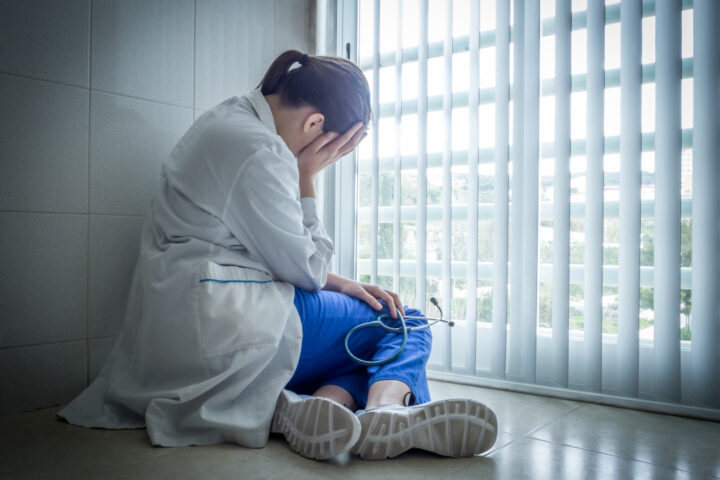Central to correcting medical errors is accepting one first, if it did happen. Improvement in healthcare delivery will only happen if we learn from our mistakes and make concrete, active steps to rectify it. This is what we actually do during mortality and morbidity conference- analyze medical events and cases to help improve delivery of healthcare services.
 The health care industry accepted the occurrence of medical errors decades ago. But disclosing medical errors publicly is unpopular even in countries where litigation is relatively not so common. Why? No one really knows. In our society however, publicly apologizing for one’s true medical mistakes is akin to killing your medical career. I guess it’s a bit easier to admit moral turpitude publicly than let’s say admitting you misdiagnosed a patient. The acceptance is just too low.
The health care industry accepted the occurrence of medical errors decades ago. But disclosing medical errors publicly is unpopular even in countries where litigation is relatively not so common. Why? No one really knows. In our society however, publicly apologizing for one’s true medical mistakes is akin to killing your medical career. I guess it’s a bit easier to admit moral turpitude publicly than let’s say admitting you misdiagnosed a patient. The acceptance is just too low.
But what can we do? First, we should create an environment of open-mindedness among medical peers and enact laws that will protect disclosures of medical errors publicly. That way, we can freely examine medical errors to institute appropriate corrective actions based on acceptable and evidenced based medical practice.
This is what John Hopkins University Hospital is doing since 2001. Their Disclosure Policy protects and actually encourages employees to confess or report medical errors. This is partly the reason why JHUH litigations have continually decreased ever since the policy has been implemented. John Hopkins is the top ranked hospital in the US for 20 years already.
Medical errors simply don’t surface over time. For us, providing a “medical whistle blower” law might just be the first step in improving delivery of healthcare services. Don’t you think so?





